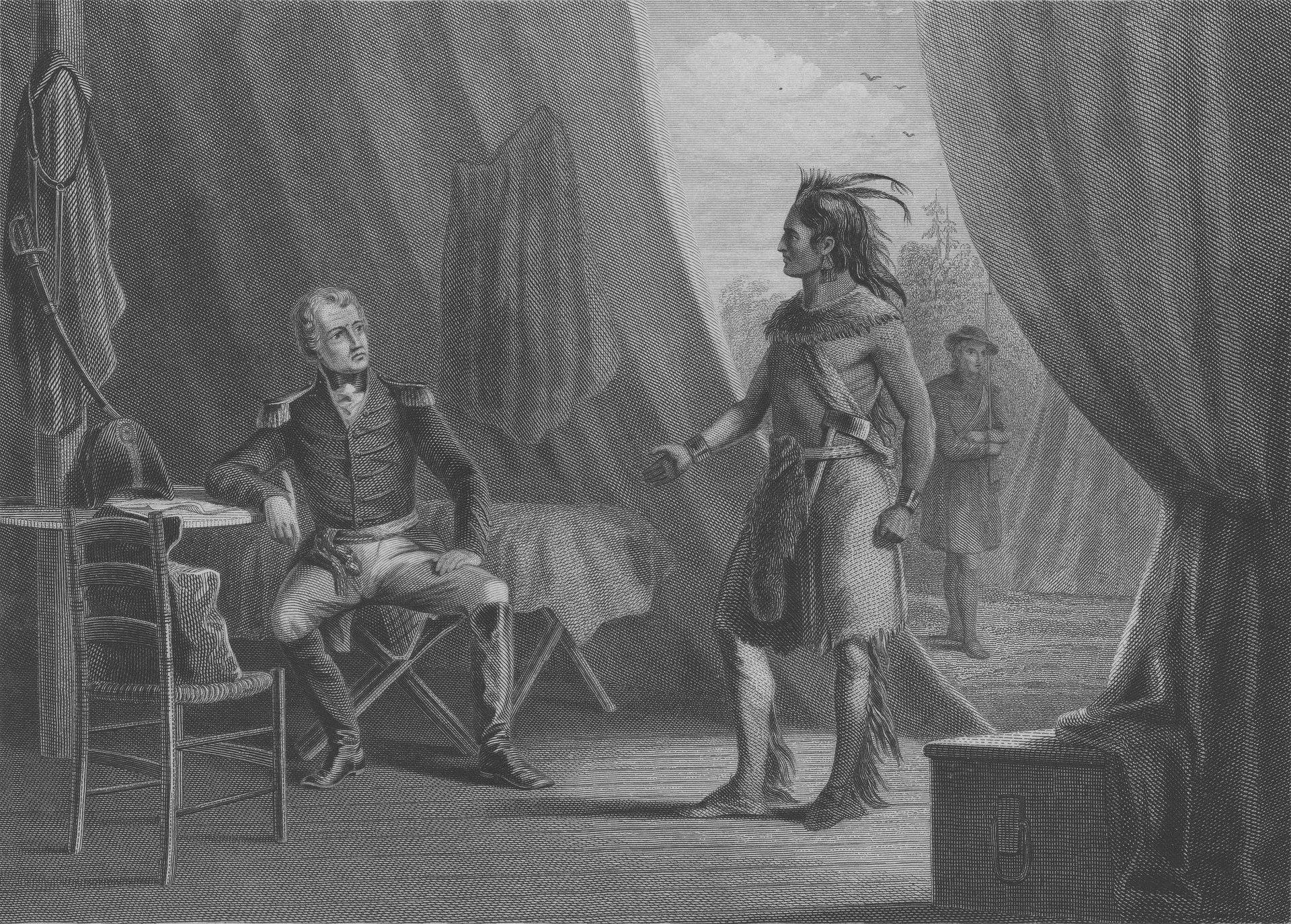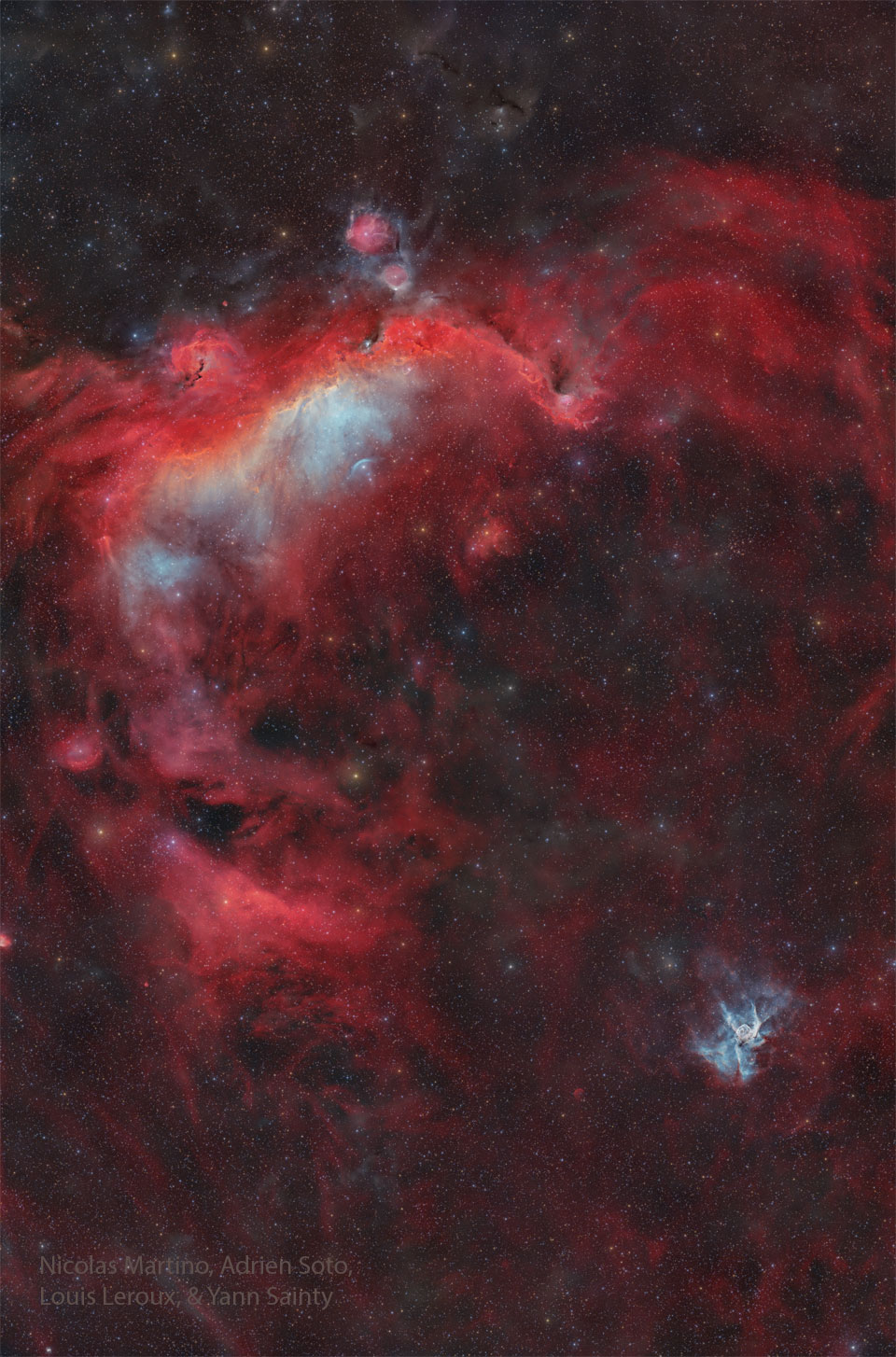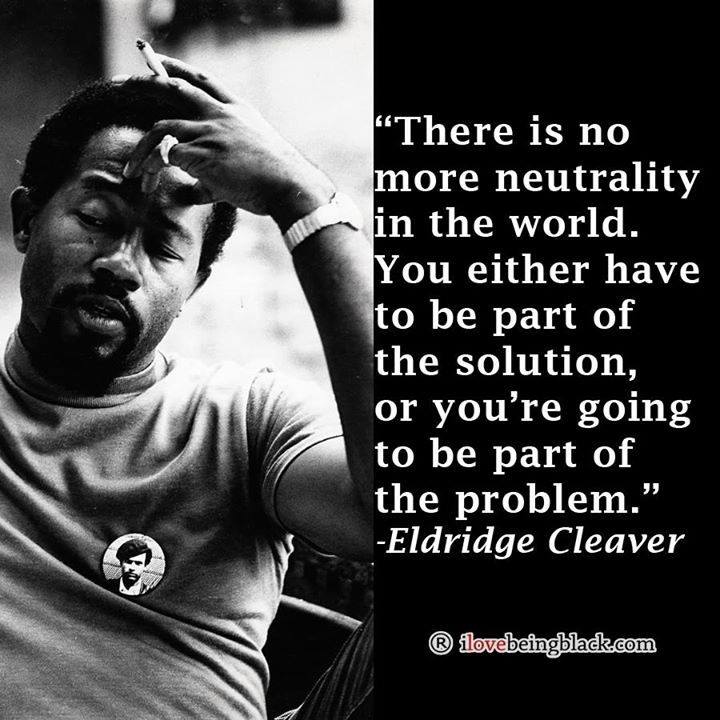Blog
John Warren Geils Jr. (February 20, 1946 – April 11, 2017), known professionally as J. Geils or Jay Geils, was an American guitarist. He was known as the leader of the J. Geils Band.
Growing up in New York City, Geils became interested in jazz and blues. After moving to Massachusetts for his college education, he formed the J. Geils Blues Band while still a student at Worcester Polytechnic Institute. After dropping the word “Blues” from their name, the band released their first album in 1970, performing souland rhythm and blues-influenced rock music for most of the 1970s before turning to pop music in the 1980s. After the band broke up in 1985, Geils left regular performing to take up restoration and racing of automobiles, with occasional forays into music production. He continued to appear in reunion tours with the rest of his band sporadically during the 2000s and 2010s.
more...James Edward Yancey (February 20, c. 1895 – September 17, 1951 Chicago) was an American boogie-woogie pianist, composer, and lyricist. One reviewer described him as “one of the pioneers of this raucous, rapid-fire, eight-to-the-bar piano style”.
more...
Leroy Jones (born February 20, 1958) is a jazztrumpeter. Born in New Orleans, Louisiana, Jones began playing trumpet at the age of ten, and by the time he was 12 was leading the Fairview Baptist Church Marching Band, a group of young musicians organized by jazz guitarist and banjo player Danny Barker. When the musicians’ union forced Barker to disband the group in 1974, Jones became a union musician and took over the running of the group, renamed the Hurricane Brass Band, himself. In 1975 or 1976, he left the group, touring for a time with Eddie Vinson and Della Reese before forming his own group, the Leroy Jones Quintet. In 1991, Jones joined the big band of Harry Connick, Jr., and the exposure with Connick’s band (including the opportunity for the Leroy Jones Quintet to open for Connick, which they did in 1994), led to Jones’ releasing his first album under his own name; Mo’ Cream From The Crop came out on the Columbia label in 1994. The Leroy Jones Quintet continues to tour and record, and since 2004 Jones has also appeared with the Preservation Hall Jazz Band and Dr. John.
more...This new NASA/ESA/CSA James Webb Space Telescope Picture of the Month presents HH 30 in unprecedented resolution. This target is an edge-on protoplanetary disc that is surrounded by jets and a disc wind, and is located in the dark cloud LDN 1551 in the Taurus Molecular Cloud. Herbig-Haro objects, like HH 30, are luminous regions surrounding newborn stars (known as protostars). They form when stellar winds or jets of gas spewing from these newborn stars form shockwaves as they collide with nearby gas and dust at high speeds. HH 30 is of particular interest to astronomers. In fact, the HH 30 disc is considered the prototype of an edge-on disc, thanks to its early discovery with the NASA/ESA Hubble Space Telescope. Discs seen from this view are a unique laboratory to study the settling and drift of dust grains. An international team of astronomers have used Webb to investigate the target in unprecedented detail. By combining Webb’s observations with those from the Hubble Space Telescope and the Atacama Large Millimeter/submillimeter Array (ALMA), the team was able to study the multiwavelength disc appearance of the system. The long-wavelength data from ALMA trace the location of millimetre-sized dust grains, which are found in a narrow region in the central plane of the disc. The shorter-wavelength infrared data from Webb reveal the distribution of smaller dust grains. These grains are only one millionth of a metre across — about the size of a single bacterium. While the large dust grains are concentrated in the centre of the disc, the small grains are much more widespread. These Webb observations were taken as part of the Webb GO programme #2562 (PI F. Ménard, K. Stapelfeldt), which aims to understand how dust evolves in edge-on discs like HH 30. Combined with the keen radio-wavelength eyes of ALMA, these observations show that large dust grains must migrate within the disc and settle in a thin layer. The creation of a narrow, dense layer of dust is an important stage in the process of planet formation. In this dense region, dust grains clump together to form pebbles and eventually planets themselves. In addition to the behaviour of dust grains, the Webb, Hubble, and ALMA images reveal several distinct structures that are nested within one another. Emerging at a 90-degree angle from the narrow central disc is a high-velocity jet of gas. The narrow jet is surrounded by a wider, cone-shaped outflow. Enclosing the conical outflow is a wide nebula that reflects the light from the young star that is embedded within the disc. Together, these data reveal HH 30 to be a dynamic place, where tiny dust grains and massive jets alike play a role in the formation of new planets. The annotated verision of this image can be seen here. [Image Description: A close-in image of a protoplanetary disc around a newly formed star. Many different wavelengths of light are combined and represented by separate and various colours. A dark line across the centre is the disc, made of opaque dust: the star is hidden in here and creates a strong glow in the centre. A band going straight up is a jet, while other outflows form flares above and below the disc, and a tail coming off to one side.] Links Science paper Hubble, Webb NIRCam and MIRI, and ALMA images of HH 30 Annotated image of HH 30’s features Pan Video of HH 30 (Webb image)

more...
Louis “Kid Shots” Madison (19 February 1899, New Orleans – September 1948, New Orleans) was an American jazz cornetist.
more...David Wakeling (born 19 February 1956) is an English singer, songwriter and musician, best known for his work with the band the Beat (known in North America as the English Beat) and General Public.
more...William “Smokey” Robinson Jr. (born February 19, 1940) is an American R&B and soul singer, songwriter, record producer, and former record executive. He was the founder and frontman of the pioneering Motown vocal group the Miracles, for which he was also chief songwriter and producer. He led the group from its 1955 origins, when they were called The Five Chimes, until 1972, when he retired from the group to focus on his role as Motown Records vice president. Robinson returned to the music industry as a solo artist the following year. He left Motown in 1999.
Robinson was inducted into the Rock and Roll Hall of Fame in 1987 and awarded the 2016 Library of Congress Gershwin Prize for his lifetime contributions to popular music. He is a double Hollywood Walk of Fame Inductee, as a solo artist (1983) and as a member of The Miracles (2009). In 2022, he was inducted into the Black Music & Entertainment Walk of Fame.
more...David Keith Murray (born February 19, 1955 Oakland, CA)is an American jazz saxophonist and composer who performs mostly on tenor and bass clarinet. He has recorded prolifically for many record labels since the mid-1970s. He lives in New York City.
more...
Joseph De Lacroix “De De” Pierce (February 18, 1904 – November 23, 1973) was an American jazz trumpeter and cornetist. He is best remembered for the songs “Peanut Vendor” and “Dippermouth Blues”, both with Billie Pierce.
more...Robert Edward Taylor, Bobby Taylor (February 18, 1934, died 7-23-2017) born in Washington, D.C., was raised in Washington. As a young man, he moved to New York City and sang in doo-wopgroups with singers who later joined successful acts such as Frankie Lymon & the Teenagers and Little Anthony and the Imperials. In 1958 he began his music career as a member of The Four Pharaohs, who released a few locally-selling recordings in the Columbus, Ohio area.
more...Seen as a seagull and a duck, these nebulae are not the only cosmic clouds to evoke images of flight. But both are winging their way across this broad celestial landscape, spanning almost 7 degrees across planet Earth‘s night sky toward the constellation of the Big Dog (Canis Major). The expansive Seagull (top center) is itself composed of two major cataloged emission nebulas. Brighter NGC 2327 forms the head with the more diffuse IC 2177 as the wings and body. Impressively, the Seagull’s wingspan would correspond to about 250 light-years at the nebula’s estimated distance of 3,800 light-years. At the lower right, the Duck appears much more compact and would span only about 50 light-years given its 15,000 light-year distance estimate. Blown by energetic winds from an extremely massive, hot star near its center, the Duck nebula is cataloged as NGC 2359. Of course, the Duck’s thick body and winged appendages also lend it the slightly more dramatic popular moniker, Thor’s Helmet.

More Posts
- Daily Roots with Larry Marshall
- Club Calabash 48
- The Cosmos with M78
- Jimmy Ruffin
- Bumble Bee Slim
- Tchaikovsky
- Nexhmije Pagarusha
- World Music with l’Orchestre Afrisa International
- Daily Roots with Andy & Joey
- The Cosmos with NGC 3199
- David Friesen
- Leon Hughes
- Hasaan Ibn Ali
- Cliff Carlisle
- World Music Memorial for Amha Eshèté 74
- Daily Roots with Susan Cadogan
- Club Calabash 48 featuring mick laBriola
- The Cosmos with Strong Thermal Emission Velocity Enhancements (STEVEs)
- Stanley Cowell
- Kidd Jordan

